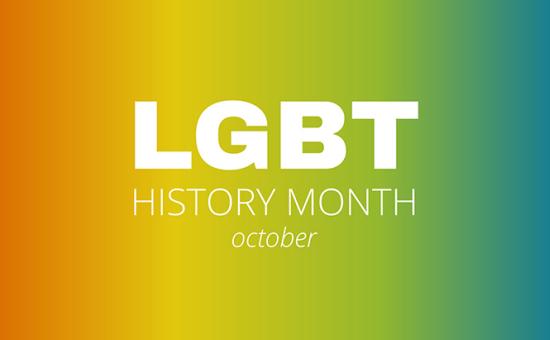Change the history narrative to share the impacts of LGBTQ history
10/01/2021
LGBTQ History Month, recognized in October, highlights the history and achievements of people in the LGBTQ community. LGBTQhistorymonth.com, a project of the Equality Forum, tells the origin of the month-long celebration. It was a Missouri high school teacher who led the efforts to dedicate a month to celebrate and teach LGBTQ history.
While LGTBQ History Month was created in 1994, often representations of people in the LGBTQ community are still missing from classroom discussions. A GLSEN survey found that only 1 in 5 students “were taught positive representations of LGBTQ people, history or events in their schools.”
There are numerous examples of history-changing people or events important to the LGBTQ narrative and the nation. But many, and sometimes all, are absent from the classroom. Learning for Justice offers resources to teach the gaps and silences so often found in history education.
ISTA’s Minority Affairs Committee is hosting a Racial Justice Book Club that will center on gaps, silences and outright misrepresentations in high school history textbooks. The book under discussion is James Loewen’s Lies My Teacher Told Me: Everything Your American History Textbook Got Wrong. Loewen also wrote a piece for Salon, “Our real first gay president,” in response to the representation by Newsweek of President Barack Obama as “The First Gay President” following the recognition of rights of same-sex marriage. Loewen’s point is the Newsweek headline erases the significance and history of our nation’s first gay president, James Buchanan, and the scholarship supporting it.
There is also history happening in real time impacting the rights of people in the LGBTQ community and influencing culture that you can share with your students or use to inform how you discuss current events. NEA Ed Justice is a great resource for the latest information on LGBTQ rights and how it’s impacting students and lessons. You can also be an advocate for these issues through actions featured on NEA Ed Justice.
LGBTQ history is an integral part of history. By incorporating LGBTQ history in the classroom, students are given a fuller context for the world around them so they may be able to grow in understanding and compassion or see themselves reflected in history.
